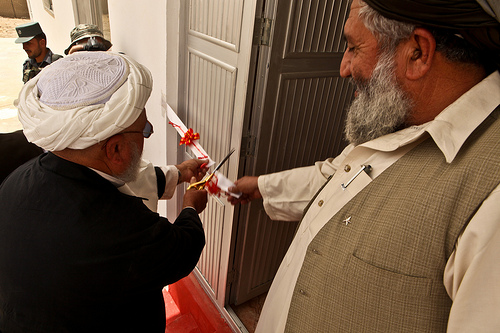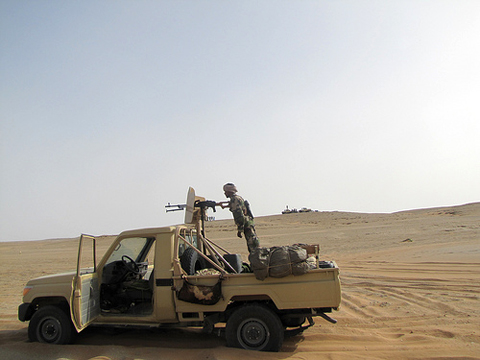
In his article ‘Why Developing Countries Prove so Resistant to the Rule of Law’, Barry Weingast notes that transplanting institutions and policies directly from developed societies into developing ones rarely helps to produce the long-term economic growth and rule of law that western donors want these countries to attain. As part of this week’s editorial plan focus on international public law in action, this blog will suggest that traditional justice systems can help build sustainable peace in post-conflict situations.
Weingast explains that the reason why western ideals of constructing fully fledged democracies under the rule of law fail to materialize lies in the fact that reform efforts do not understand the role of violence in structuring the ‘natural state’ (generally referred to as fragile state). In natural states – which most post conflict countries belong to – access to state privileges is limited to the elite, and the provision of services is limited to those that support the elite. Order and the absence of violence rest upon a system of rights and privileges that provides elites incentives to cooperate rather than fight. For those sections of society that do not belong to the elite, incentives like the provision of basic services are often used to quell unrest and maintain a semblance of stability. In such countries, the constitution is easily pushed aside for the sake of political leaders’ interests.

